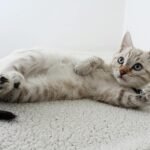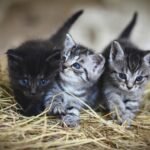Have you ever felt a little set of eyes watching your every move, a soft paw reaching out as you walk by, or heard an insistent meow when you leave the room? It might surprise you, but cats—those famously independent creatures—can become deeply attached to their humans. Sometimes, this connection goes far beyond simple affection and blossoms into true emotional dependence. If you’ve ever wondered whether your feline friend is growing emotionally attached (maybe even a bit clingy), you’re not alone. Understanding the signs can help you support your cat’s emotional needs while ensuring a healthy bond. Let’s explore the subtle and sometimes surprising signals your cat might be showing when their heart belongs entirely to you.
Shadowing Your Every Move

If your cat follows you from room to room, barely letting you out of their sight, this is a telltale sign of emotional dependence. Instead of lounging in their favorite sunbeam, they choose to trail behind you, curious about every step you take. You might find them waiting just outside the bathroom or sitting quietly at your feet while you cook. This constant companionship goes beyond curiosity; it’s a reflection of trust and a desire for closeness. Think of it as your cat’s way of saying, “I feel safest when I’m near you.” While some cats are naturally more social, this kind of persistent following is often a clear indicator that you’ve become their emotional anchor.
Vocalizing When You’re Out of Sight

A cat who begins to meow, yowl, or cry when you leave the room is showing signs of emotional reliance. These vocalizations aren’t just random noises—they’re your cat’s way of expressing concern or calling for reassurance. The tone and intensity of the meows can vary, but the underlying message is almost always the same: “Where did you go?” This behavior can be especially strong in cats who have formed a deep bond with their person. It’s similar to the way a child might call out for a parent who’s suddenly disappeared from view. If you notice a dramatic change in your cat’s vocal habits, especially when you’re not nearby, it’s a sign they’re emotionally invested in your presence.
Demanding Physical Contact

Some cats crave close contact as a way to feel secure. If your cat insists on being in your lap, on your chest, or pressed against you whenever possible, it’s a sign they seek comfort and reassurance from your touch. This might include pawing at you, head-butting, or curling up on your pillow at night. Other times, they might nuzzle into the crook of your arm or press their face against yours. This need for physical closeness is a powerful indicator that your cat relies on you emotionally and finds solace in your presence. It’s their way of saying, “You’re my safe place.”
Showing Signs of Anxiety When Alone

A cat that becomes anxious or distressed when left alone may be experiencing emotional dependence. This can show up as pacing, excessive grooming, or destructive behavior when you’re away. Some cats may even lose their appetite or have accidents outside the litter box. These behaviors are your cat’s way of coping with the stress of separation. If your feline friend goes from confident to anxious the moment you walk out the door, they’re likely relying on you for emotional stability. Think of it as a pet’s version of separation anxiety—proof of how much your presence matters.
Bringing You “Gifts”

Though it might not always be pleasant to find a toy, sock, or even a caught insect at your feet, this gesture is loaded with emotional significance. Cats often bring their favorite humans “presents” as a sign of affection and a way to bond. If your cat is regularly delivering treasures to you, it’s more than just a quirky habit. It’s a symbol of trust and a desire to care for you, much like they would a fellow cat or a kitten. This behavior shows they see you not just as a companion, but as a central figure in their emotional world.
Initiating Play Exclusively With You

When your cat refuses to play with anyone else but lights up the moment you pick up a toy, it’s a clear sign of emotional attachment. They might ignore other family members or guests, saving their energy and excitement just for you. Playtime becomes a special ritual, strengthening your bond and providing both physical and emotional stimulation. If your cat brings you their favorite toy and waits expectantly, it’s their way of inviting you into their world. This exclusive invitation to play is a sign they feel a unique connection to you and value your attention above all.
Seeking Comfort During Stress

Whenever something startles or upsets your cat—whether it’s a loud noise, a new visitor, or a thunderstorm—do they run straight to you for comfort? This instinctive search for reassurance is a classic sign of emotional dependence. Your presence becomes their source of safety in a frightening or stressful situation. You’ll notice them pressing close, hiding behind you, or even trying to burrow into your clothes. It’s as if they believe you have the power to make everything better, and in their eyes, you probably do. This reliance on you during tough moments speaks volumes about your importance in their life.
Grooming You or Mimicking Your Habits
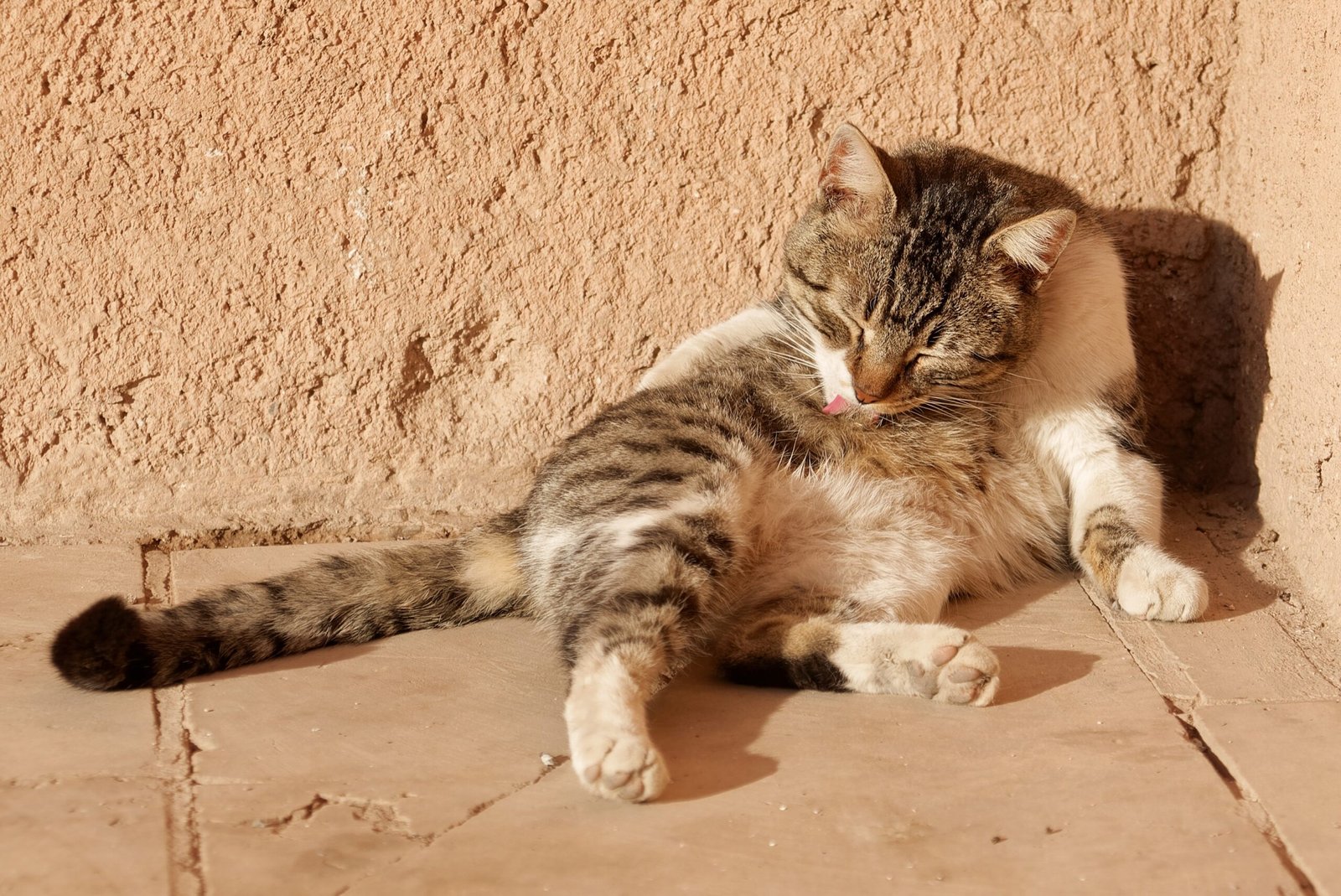
Cats often groom those they care about as a sign of affection and trust. If your cat licks your hands, face, or hair, they’re treating you like family. Some cats go a step further and start to mimic your daily routines—like “helping” when you brush your teeth or sitting beside you as you read. These actions show not only attachment but a desire to feel closer to you by sharing in your activities. It’s a charming expression of emotional dependence that strengthens the bond between you and your feline friend.
Sleeping On or Near You

Where your cat chooses to sleep says a lot about their feelings. If they consistently choose your lap, pillow, or even your head as their resting place, it’s a sure sign of emotional connection. Sleeping near you is the ultimate display of trust, as cats are most vulnerable when they sleep. By settling close, your cat is seeking warmth, security, and reassurance. It’s their way of saying, “I feel safe and loved here.” This nightly ritual can be comforting for both of you, reinforcing the deep bond you share.
Delaying or Refusing Meals Until You’re Home
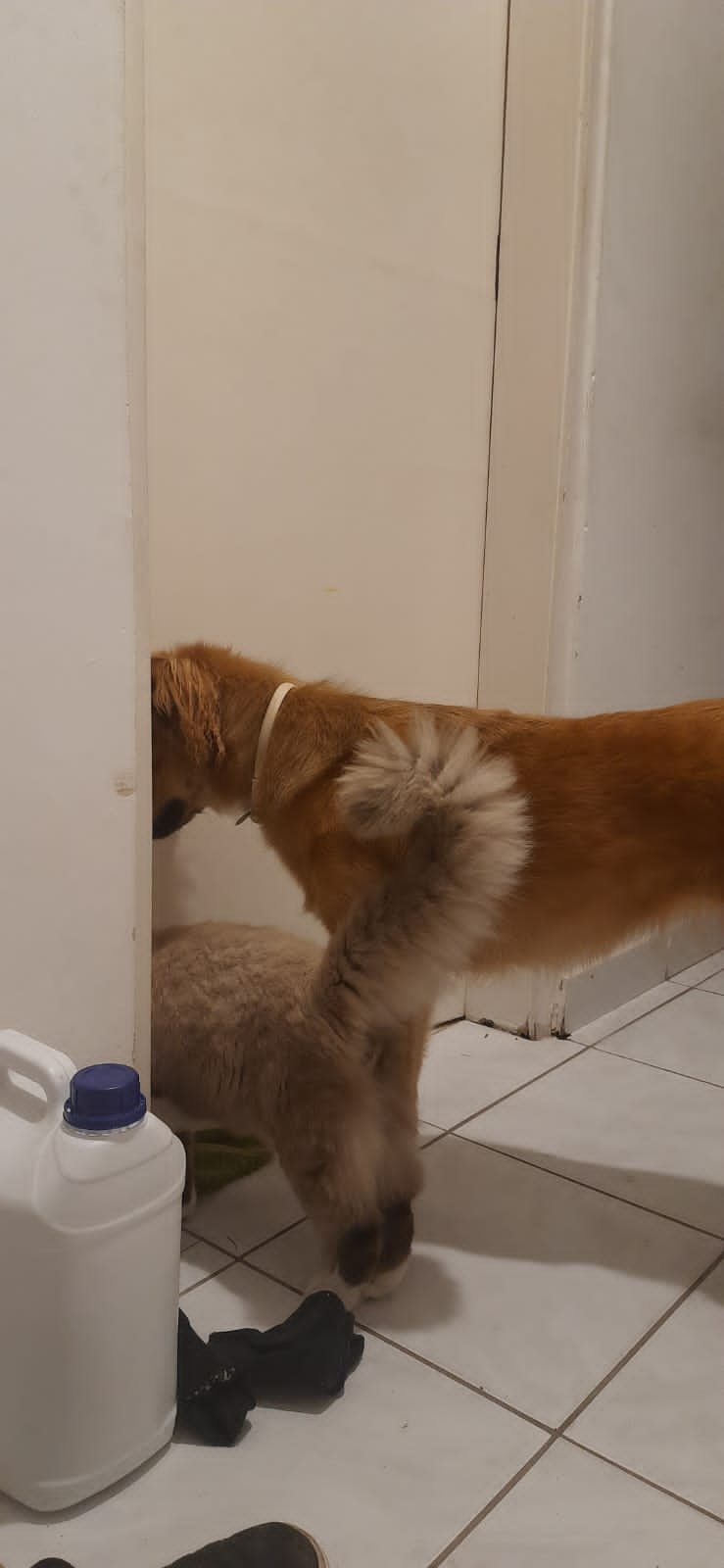
Some emotionally dependent cats may refuse to eat unless their favorite person is present. If you notice your cat waiting by the food bowl but ignoring their meal until you return, this is a powerful sign of attachment. This behavior often stems from a desire to share important moments—like eating—with the person who means the most to them. It’s their way of saying, “Things just aren’t the same without you.” While it’s heartwarming, it’s also a reminder of how much your presence impacts their daily life.
Waiting by the Door for Your Return
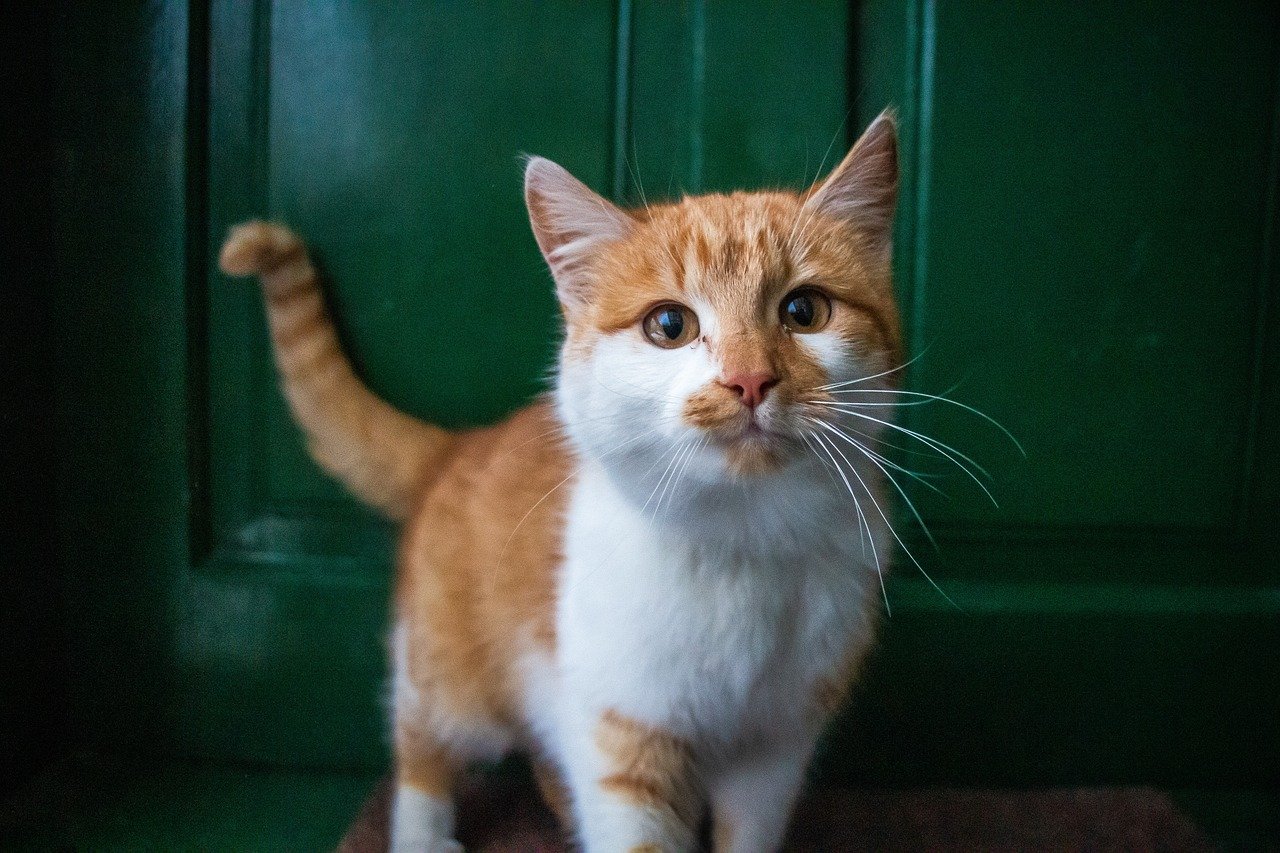
A cat that sits patiently by the door, waiting for you to come home, is showing a deep level of emotional connection. This behavior often includes pacing, peeking out the window, or perking up at the sound of your keys. The joy and excitement they display when you walk in is undeniable—rubbing against your legs, purring loudly, or even leaping into your arms. It’s a heart-melting welcome that proves just how much they’ve missed you. This anticipation and excitement signal that you’re the highlight of their day.
Ignoring Other People or Pets

When your cat shows little interest in interacting with others and focuses all their attention on you, it’s a strong indicator of emotional dependence. They may shy away from guests, hide during social gatherings, or simply ignore other pets in favor of being with you. This selective affection isn’t about being aloof; it’s about having a favorite. For these cats, no one else measures up to their special human. This exclusivity in their attention is a clear sign you’ve become the center of their emotional universe.
Displaying Jealousy or Possessiveness

If your cat becomes noticeably jealous when you give attention to other pets or people, it’s a sign of emotional attachment. You might see them try to wedge themselves between you and a phone, laptop, or another animal. Sometimes, they’ll even display mild aggression or sulking behavior. This possessiveness is their way of saying, “I want you all to myself.” While it can be amusing, it also highlights the depth of their emotional investment in your relationship.
Reacting Strongly to Your Mood Changes

Cats are surprisingly sensitive to human emotions. An emotionally dependent cat will often react to your mood changes, offering comfort when you’re sad or becoming playful when you’re happy. You might notice them curling up beside you on tough days or becoming extra affectionate when you need cheering up. This emotional mirroring shows that your well-being is intertwined with theirs. It’s a testament to the powerful bond you share and a reminder that your cat is always paying attention to your feelings.
Excessive Purring Around You

Purring is often a sign of contentment, but when your cat purrs excessively in your presence, it can indicate emotional reliance. This constant purring is their way of expressing happiness and seeking reassurance from you. Some cats will even purr when they’re anxious, using the sound to soothe themselves while staying close to you. If your cat becomes a little purr machine whenever you’re around, it’s a good sign that they’ve grown emotionally attached and feel safe in your company.
Clinginess During Illness or Injury
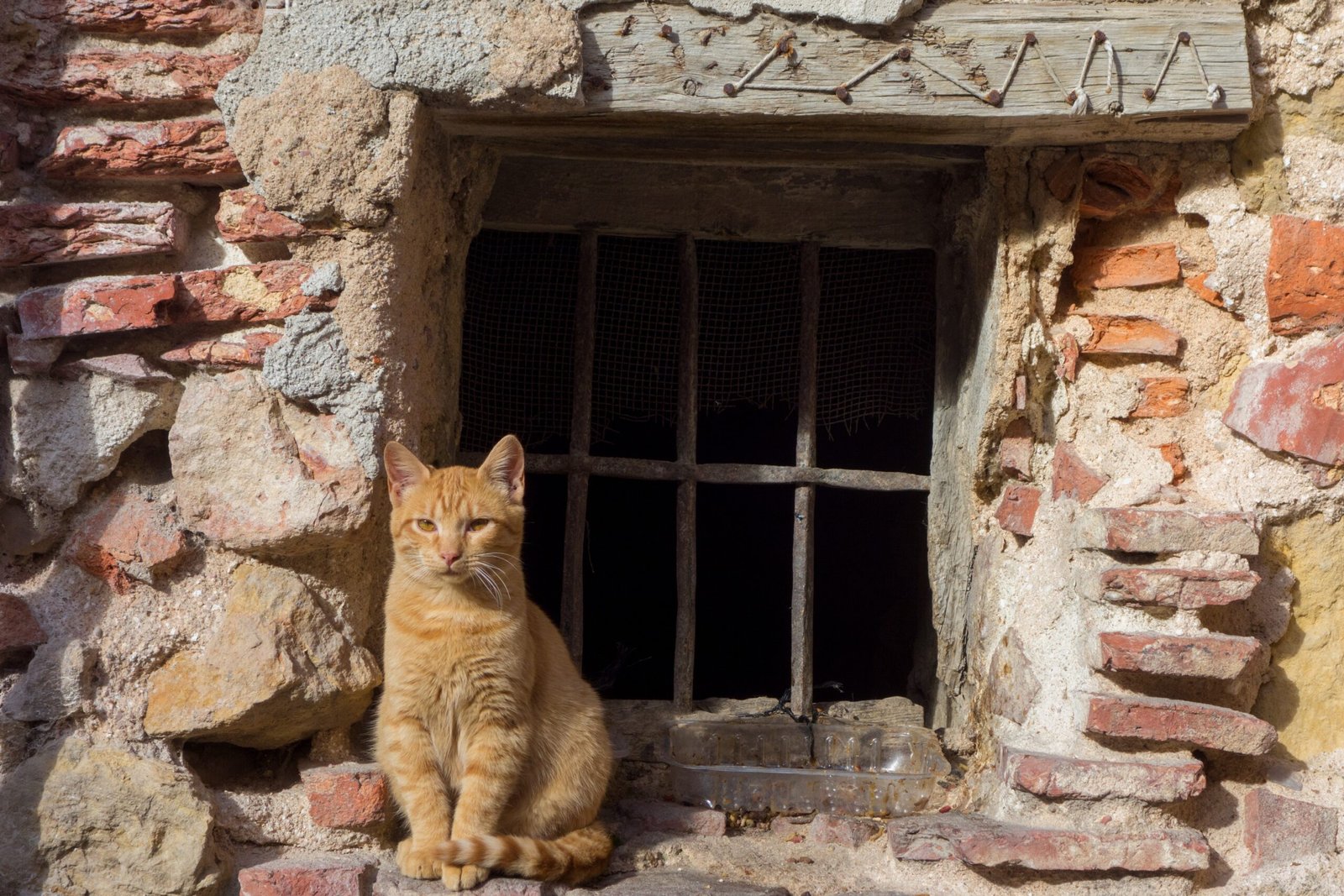
When cats aren’t feeling well, their natural instinct is often to hide. However, emotionally dependent cats may do the opposite—clinging to you for comfort and support. They might seek out your lap, follow you more closely, or vocalize more than usual. This behavior shows that they trust you to take care of them and find solace in your presence. Your cat’s need for extra attention during tough times is a powerful reminder of the emotional bond you share.
Loss of Interest in Solo Activities
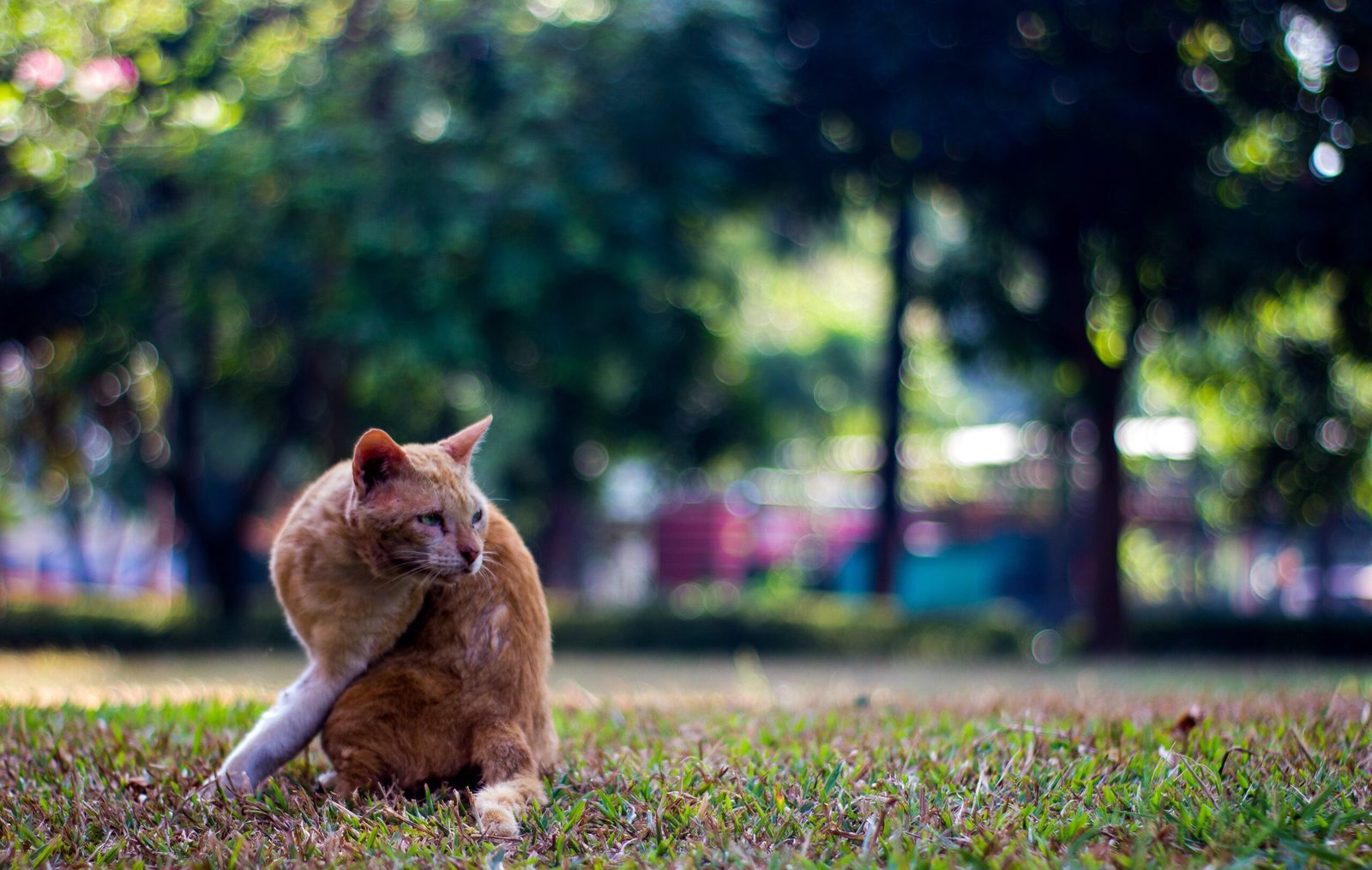
If your cat starts ignoring their favorite toys or stops engaging in activities they once enjoyed alone, it could be a sign of emotional dependence. They may seem uninterested in anything that doesn’t involve you, refusing to play or explore unless you’re participating. This shift in behavior highlights how central you’ve become to their happiness. While it’s flattering to be the center of your cat’s world, it’s also important to encourage healthy independence.
Persistent Kneading on You
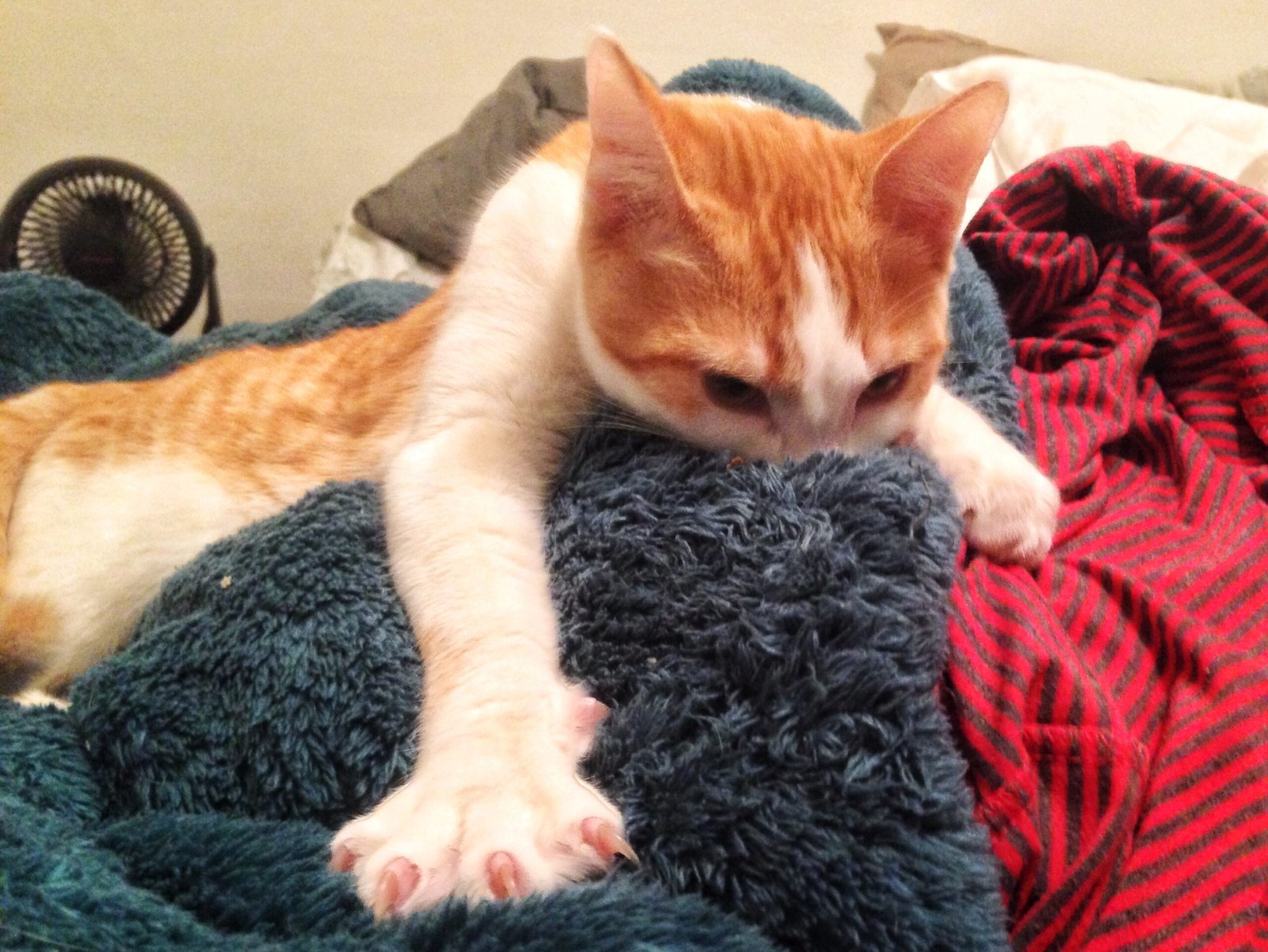
Kneading, often called “making biscuits,” is a comforting behavior many cats display. When your cat exclusively kneads on you, it’s a sign of trust and emotional attachment. This rhythmic motion is reminiscent of kittenhood, when kneading was associated with nursing and comfort. By kneading on you, your cat is expressing contentment and a deep-seated sense of security. It’s a clear indicator that they see you as a source of comfort and emotional stability.
Frequent Eye Contact With Slow Blinking
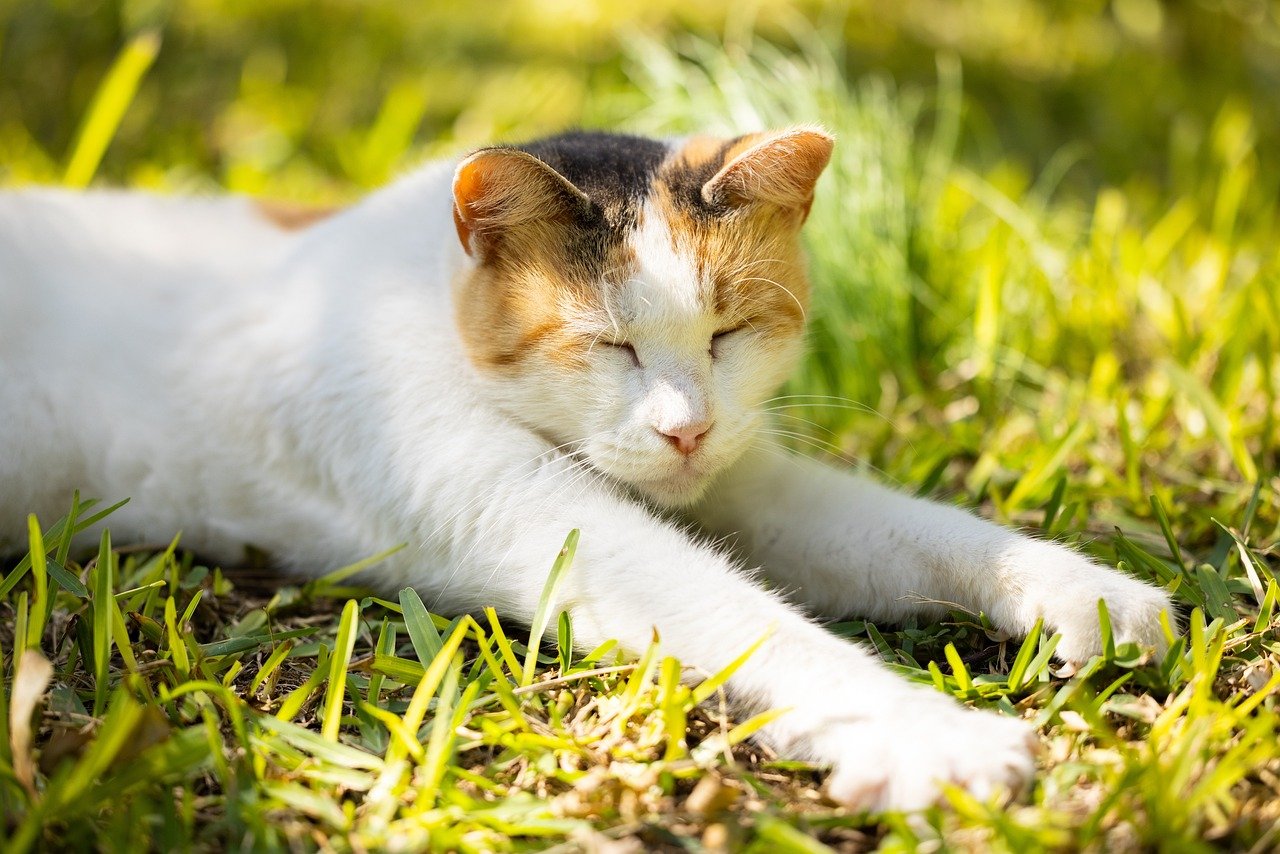
Cats communicate affection through their eyes, and a slow blink is the feline equivalent of a kiss. If your cat often holds your gaze and gives you slow, deliberate blinks, they’re expressing deep trust and love. This gesture is reserved for those they feel closest to and is a sign of emotional connection. When your cat chooses to share this intimate form of communication with you, it’s proof of a strong bond and growing dependence.
Seeking Your Approval or Guidance
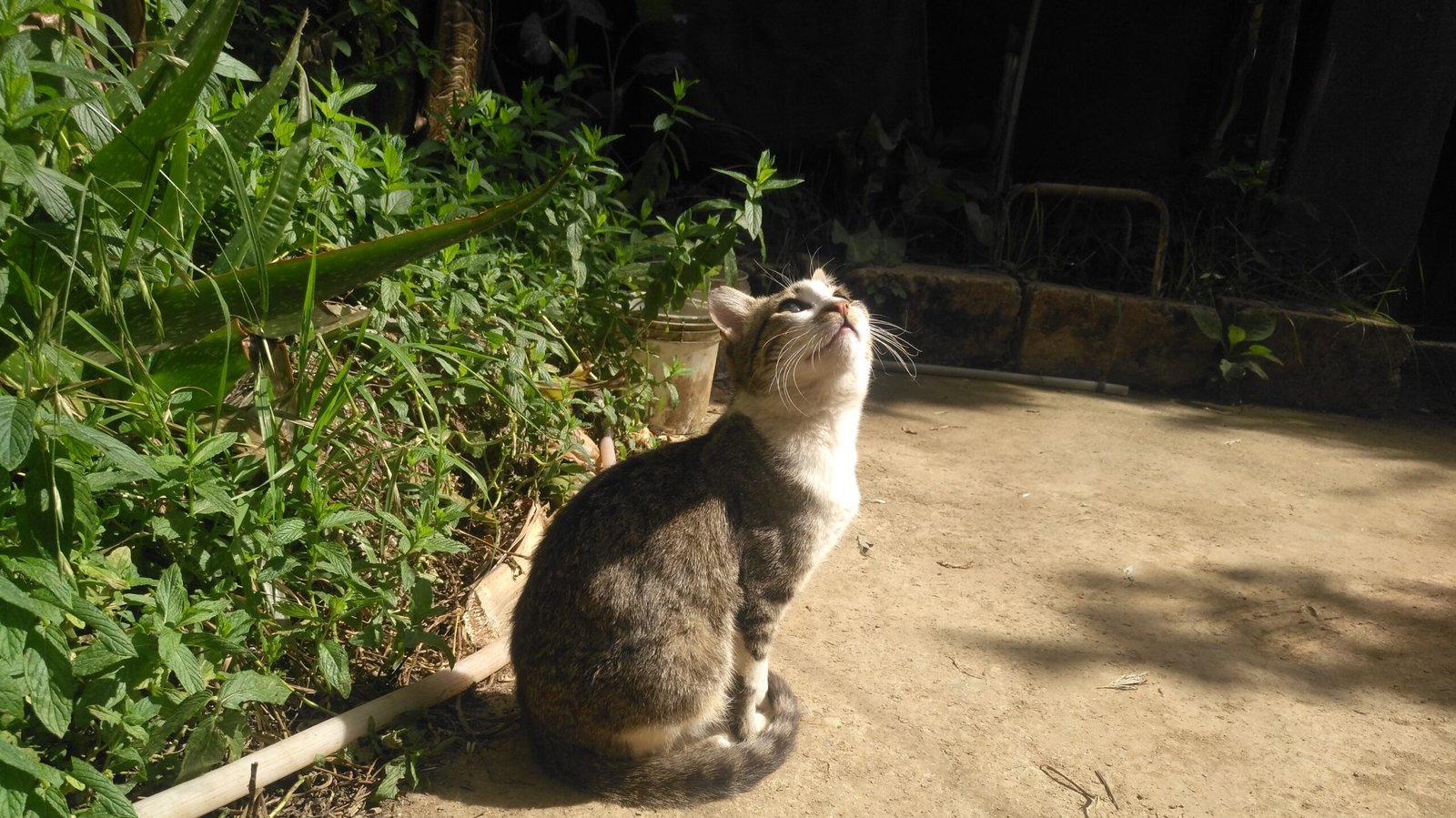
Emotionally dependent cats may look to you for cues on how to behave. You might notice them watching your reactions before exploring something new or seeking your approval with a glance before playing with a new toy. This behavior mirrors the way kittens look to their mothers for guidance and reassurance. When your cat values your opinion and seeks your endorsement, it’s a sign of deep emotional reliance and trust.
Unwillingness to Leave Your Side, Even for Short Periods
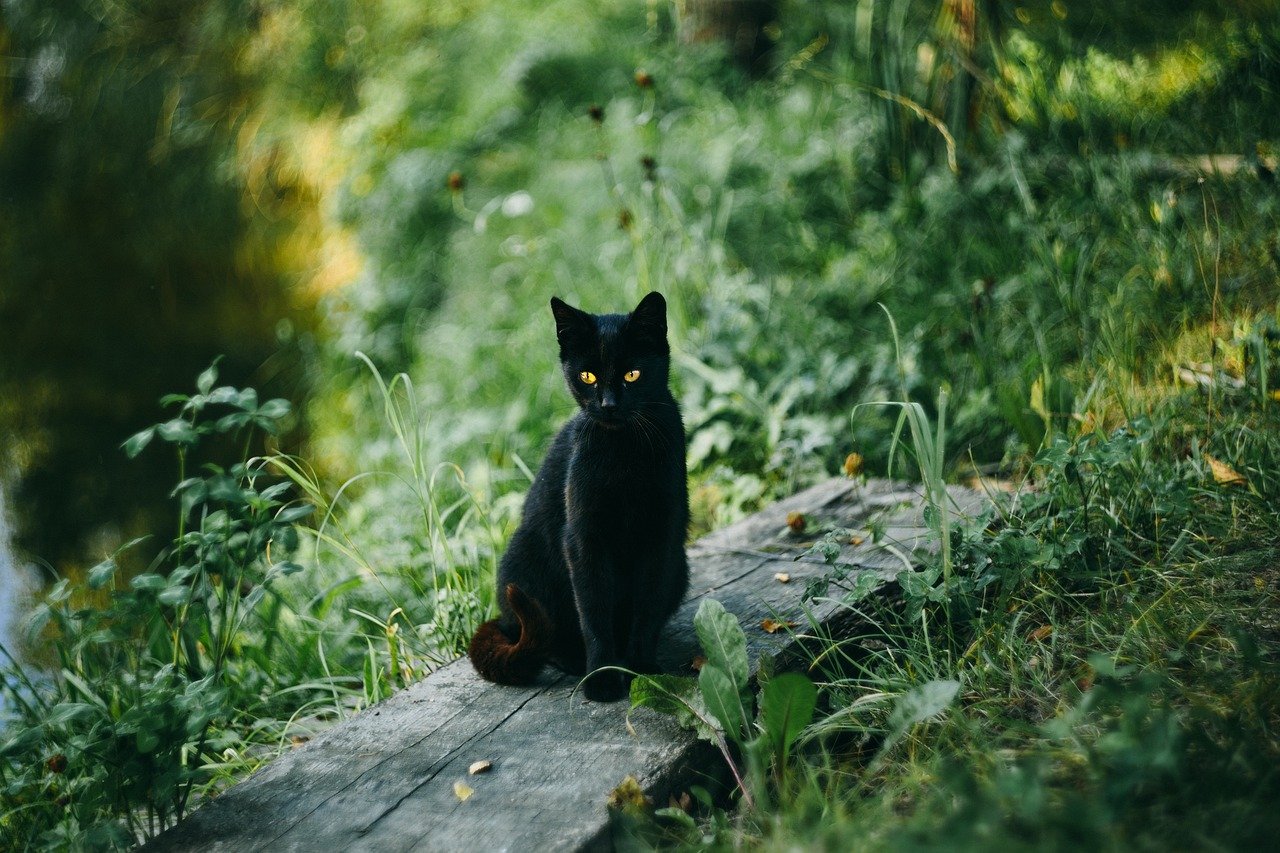
Some cats become so attached that they resist being separated from you, even for a few minutes. They might try to block the door, meow plaintively, or cling to you when you prepare to leave. This intense attachment can sometimes make everyday activities more challenging but is a sure sign of emotional dependence. Your cat’s refusal to be apart—even briefly—shows just how important your presence is to their sense of security and happiness.
Hi, I’m Bola, a passionate writer and creative strategist with a knack for crafting compelling content that educates, inspires, and connects. Over the years, I’ve honed my skills across various writing fields, including content creation, copywriting, online course development, and video scriptwriting.
When I’m not at my desk, you’ll find me exploring new ideas, reading books, or brainstorming creative ways to solve challenges. I believe that words have the power to transform, and I’m here to help you leverage that power for success.
Thanks for stopping by, Keep coming to this website to checkout new articles form me. You’d always love it!




